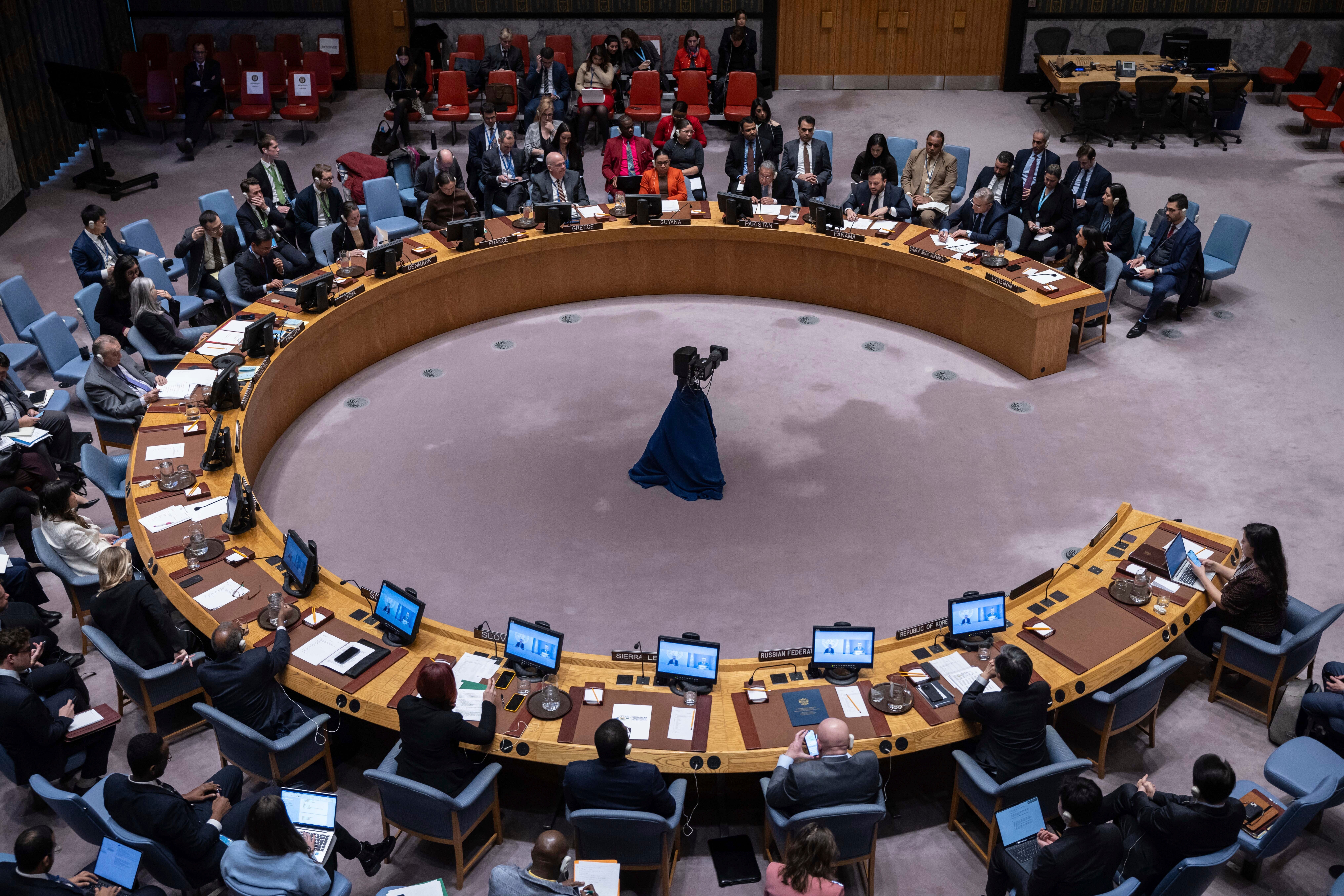UN announces new plan to counter the surge in antisemitism
The United Nations has announced new actions to counter the surge in antisemitism, including encouraging governments to enforce laws against hate crimes and discrimination

The United Nations announced new actions Friday to counter the surge in antisemitism, including encouraging governments to enforce laws against hate crimes and discrimination.
The U.N., created in the aftermath of the World War II Holocaust in 6 six million Jews were killed, has worked to counter antisemitism.
But the 193-member global organization has been accused of being antisemitic, including by U.S. President-elect Donald Trump’s nominee for U.N. ambassador, New York Rep. Elise Stefanik. She is pro-Israel and has called the U.N. a “den of antisemitism” that she intends to confront.
The U.N. Action Plan to Enhance Monitoring and Response to Antisemitism is mainly focused on strengthening and coordinating work throughout the United Nations, but it also includes recommendations for governments and organizations.
Miguel Moratinos, the head of the U.N. Alliance of Civilizations, which developed the plan, said he was alarmed at the surge in antisemitic incidents online and offline, citing attacks on synagogues and religious sites, including after the Oct. 7, 2023, attacks by Hamas and other militants in southern Israel, which resulted in the worst killing of Jews since the Holocaust and set off the war in Gaza.
“Unfortunately, our efforts, like those of national governments, have not been sufficient to curb the drivers of antisemitism,” he said.
Moratinos said new actors involved in social transformations in technology, science and the economy must be mobilized “to address online and offline hate speech while upholding human rights.”
The U.N. plan calls for the establishment of a working group to monitor and evaluate the impact of policies and measures to address antisemitism in the United Nations. It includes training for all U.N. personnel on antisemitism and Holocaust denial — and how to fight them.
Outside the U.N., the plan encourages governments and organizations to denounce antisemitism swiftly and enhance education about the Holocaust and antisemitism. It also encourages “zero tolerance policies” for antisemitism.
Ambassador Deborah Lipstadt, the U.S. special envoy to monitor and combat antisemitism, and U.S. Ambassador to the United Nations Linda Thomas-Greenfield said in a joint statement, “The challenge now lies in putting the plan into practice.”
“The U.N. must demonstrate its full commitment to its human rights mandate and take concrete steps that will lead to tangible progress,” the outgoing ambassadors said.
Bookmark popover
Removed from bookmarks